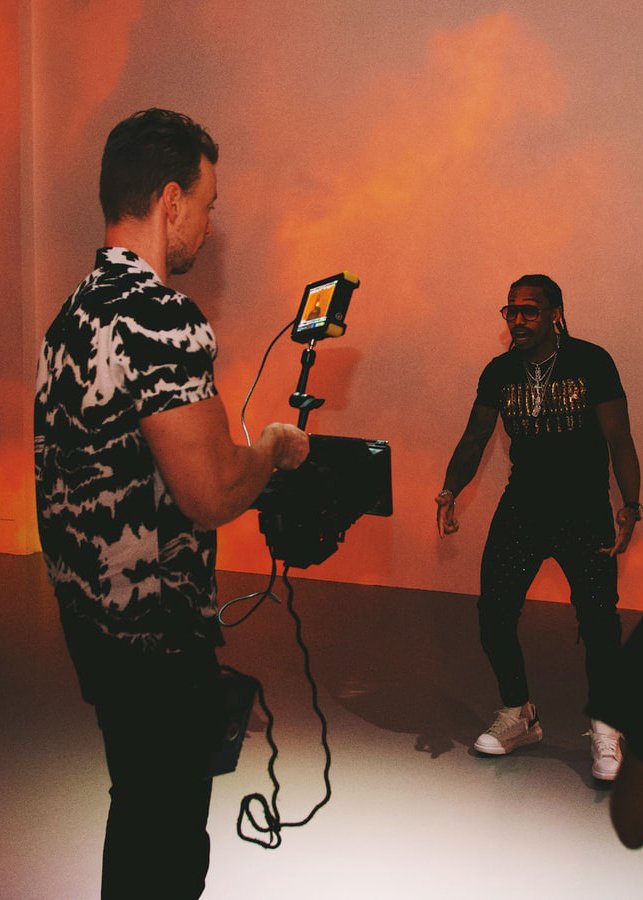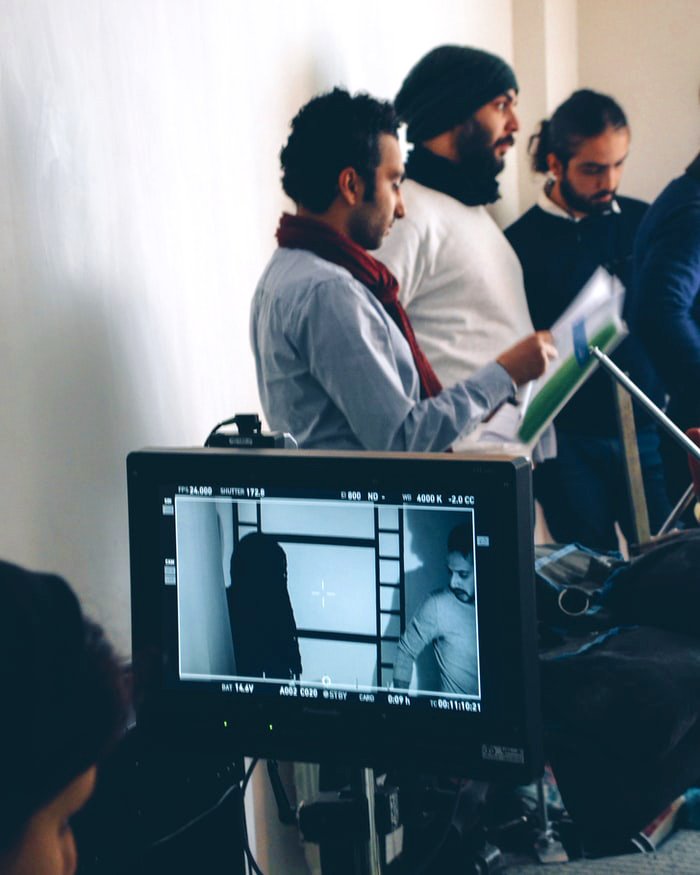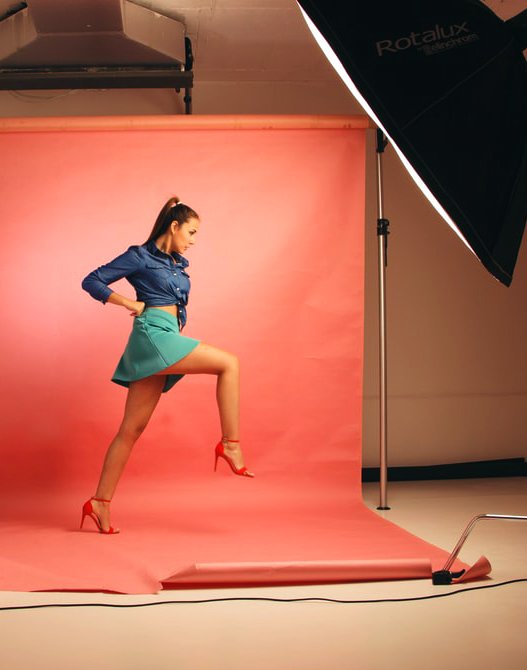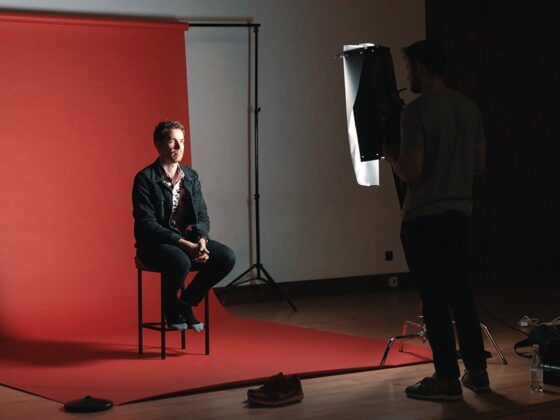Why get a qualification in photography?
Hay dudes do you know, studying for a Photography Degree will open a wide range of career choices. Definitely a DOPE career for the ultra-cool. In effect, to be part of this Gucci career, you should look at channeling your artistic talents by pursuing a career as a professional photographer. Snatched. Be aware there are a variety of opportunities including those that specialize in taking photographs of specific subjects (sports, music and performance, fashion, advertising, and so on) or those that specialize in using different techniques. Awesome stuff with the right training.
Further, Fire Opportunities include aerial or drone photography, fine art photography, portrait photography, current affairs/news photography, commercial/ advertising photography, corporate photography or working as a scientific/ medical photographer.
I am trying to get thirsty! Whether you choose to be a self-employed freelancer or in-house photographer you can work in a variety of industries including fashion, fine art, advertising, education, science, graphic design, film or digital/ web design. Typical employers include magazines, newspapers, journals, retail websites, catalogs and large companies.

Due to the variety of transferable skills you gain from studying photography, you could also enter into the creative industries as retouches, picture researchers, art and photo editors, art directors, graphic designers, art buyers, researchers or museum/ gallery curators.
When considering your options, remember that your physical and digital portfolio is essential to presenting your work to potential employers and evidencing your skills. YOLO this career option will give you the freedom you deserve to live a free-as-bird lifestyle without having to work 9-5 in an office setting. Sounds interesting!

Advantages of studying for a Photography Degree
If you were going to study a photography degree today, the main question you have to ask is, what value does it give you? Here are some ideas.
Interaction with other photography students: If you struggle to find like-minded people to talk about photography with, then this may be an attraction.
Industry experience: Does your course give you actual experience working in the area of photography that you want to get into?
Industry contacts: Very important, as these contacts will help you when you leave AMDT to embark on your career.
Solid business training: Most photographers are self-employed, so it is essential to know the basics of self-employment and running a business.

An understanding of the newer ways of earning money from photography:
Our tutors on your course understand the emerging world of the business of workshops, and creating eBooks and video courses to sell online? This is important because these are all ways you can bring income into your business. One day there may be more money to be made from teaching photography, than from doing commercial photography assignments, and you need to be ready for that possibility.
Is getting a Photography Degree worth it? After all, this is not a Basic career you’ll look apart from Your Fam
Technical Experience: The technical experience you receive from a Photography Degree is worth it alone. There are so many different types of lighting and shooting styles that you learn about with a proper photography education. Having professionals guide you, test you and educate you stylistically brings versatility to your career. The more range you have to offer, the more avenues you can explore for success.
Experimentation: Getting a Photography Degree is the perfect time to experiment to figure out what you want to do. It can be one of the most stress-free times for a photographer, as they can explore different mediums and styles of photography. Working through a Degree allows the time to explore different subject matter and concepts that one may have disregarded.
Testing equipment: One of the most beneficial parts of getting a Photography Degree is the privilege to experiment with different kinds of photo equipment. Learning what lenses work best for you, what camera brands you prefer, and what type of lighting you work best with is invaluable. That way, when building your kit in the professional world, you know exactly what you want and need.
Connections: Making and maintaining connections while getting your Photography Degree is important to a successful career in the photography industry. Get to know both your peers and your professors alike, and make meaningful connections. During your course you can also explore the world of internships, photo assisting and more opportunities to branch out and meet new people in your industry. You never know who might think of you for a gig.
Non-shooting essentials: Photography Degrees offer training in retouching, photo editing and curating, production, business and more. These are essential skills that you need in your photography career to run a thriving business. Having the opportunity to learn them from professionals in a guided and practical way can impact your career greatly.
In the end, getting a Photography Degree ends up becoming more about what you do and less about the degree itself. Pursuing a Photography Degree opens you up to a variety of educational experiences that you may not have the opportunity or freedom to otherwise explore. At the end of the day, however, a degree will not stop you from becoming a photography professional. But if you do have the means, the passion, and the drive, a Photography Degree will serve you more than “just a piece of paper”. Something to flex about for sure.
Demanding Characteristics of a Photographer.
Your questions answered here!

Technical Skills
Photographers must have excellent technical skills. They must be familiar with camera operations and have a good understanding of exterior and studio lighting. Also, they should be able to use photo-editing software to carry out post-production work.

Interpersonal Skills
An ability to work with people is important for photographers who concentrate on wedding, portraiture, fashion and editorial photography. They must be able to put their subjects at ease and gain their cooperation to achieve the results they want. Photographers also work closely with art directors, designers and editors when they’re working on advertising, fashion or editorial assignments. Photojournalists collaborate with writers to create a strong story that combines editorial with relevant images.

Subject Knowledge
Subject knowledge is important to photographers who work in specialised fields. Wildlife photographers, for example, must understand animal behaviour so that they know where, when and how to find their subjects. Sports photographers must be familiar with the rules and patterns of play for the events they cover.

Creativity
Photographers must have a strong creative ability to make their photographs stand out. Advertising photographers, for example, must create images that attract attention among the hundreds of images that consumers see every day. Good editorial photographers have an awareness of the way their images look on the page of a magazine or newspaper. Event photographers aim to create strong images that remind their clients of special moments.

Photography career options
Photographer, Fashion Photographer, Aerial Photography Pilot
Model Agencies
Newspapers
Magazines
Catalogues
Advertising agencies
Art galleries
Auctioneers
Ecommerce companies

There are other specialist areas of work such as aerial photography.
Many jobs receive little advertising and are filled via personal contacts, so networking, are essential – particularly for the most popular areas of work such as advertising, fashion, and magazine and newspaper photography.
It is advisable to prepare a relevant portfolio, which can be used to highlight your abilities in speculative applications.
A Photography Degree gives you the perfect opportunity to develop and refine your technical skills and methods (traditional darkroom processes, lighting, advanced digital editing etc.) which are essential to work as a professional photographer, but you will also develop a broad range of transferable skills which are desired by a wide range of employers. These include:
- The ability to develop individual ideas and collaborate with others
- Strong observational, research and analytical skills
- Creative problem-solving skills
- The ability to learn from criticism and be objective about your work
- An openness to new influences and concepts
- Entrepreneurial skills in marketing your work and running your own business/ being self-employed. Your chance to be a GOAT.

About Photography Degree@AMDT
The ‘Photography’ degree level course at ‘AMDT, School of Creativity’ explores experimentation with both traditional and digital photography with an emphasis on art cultural studies and video production. Studying photography enhances your creative, social and cultural understanding while developing your specialist technical knowledge around equipment, techniques and style. Definitely you can flex your career path to your friends a high key!







Leave a Reply